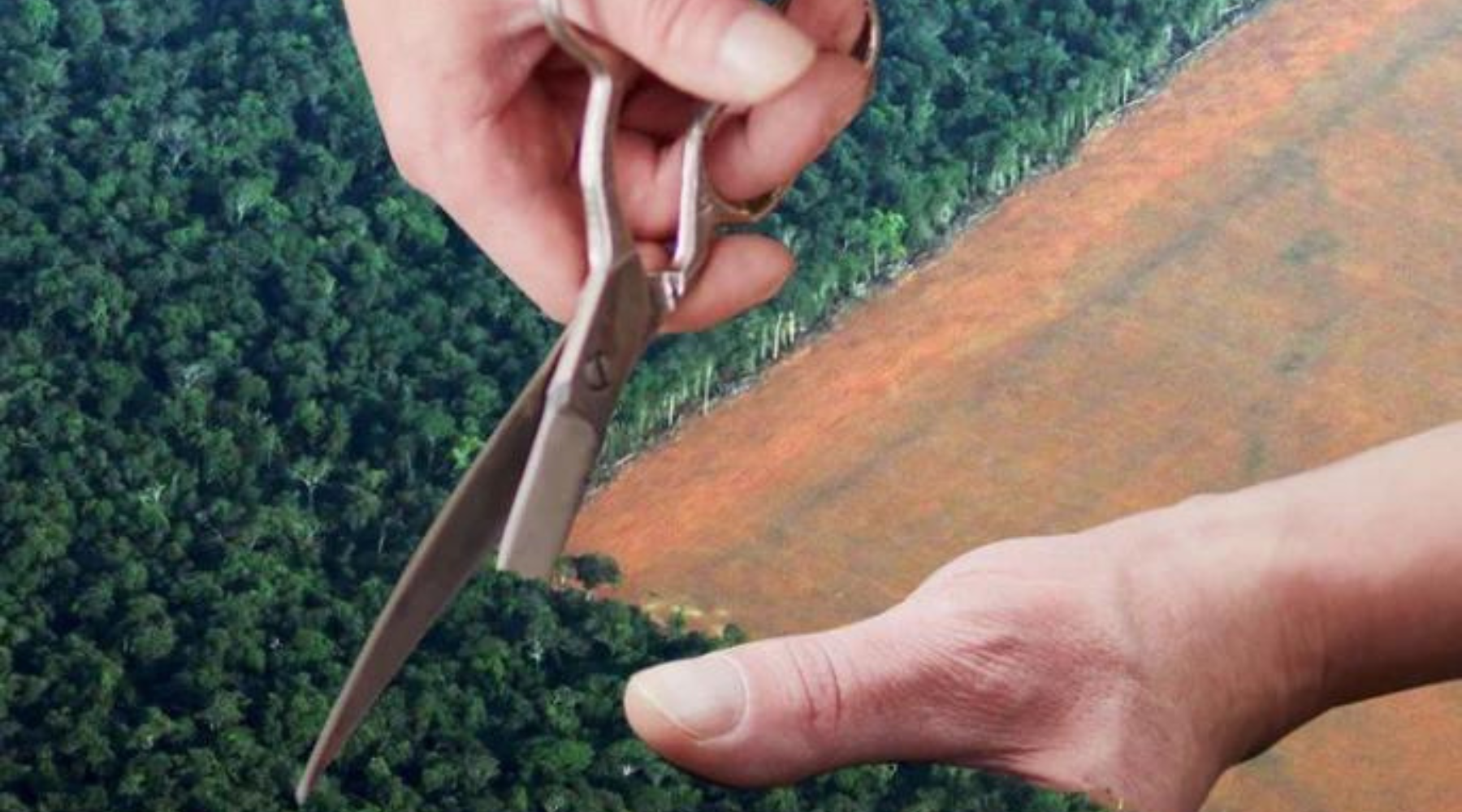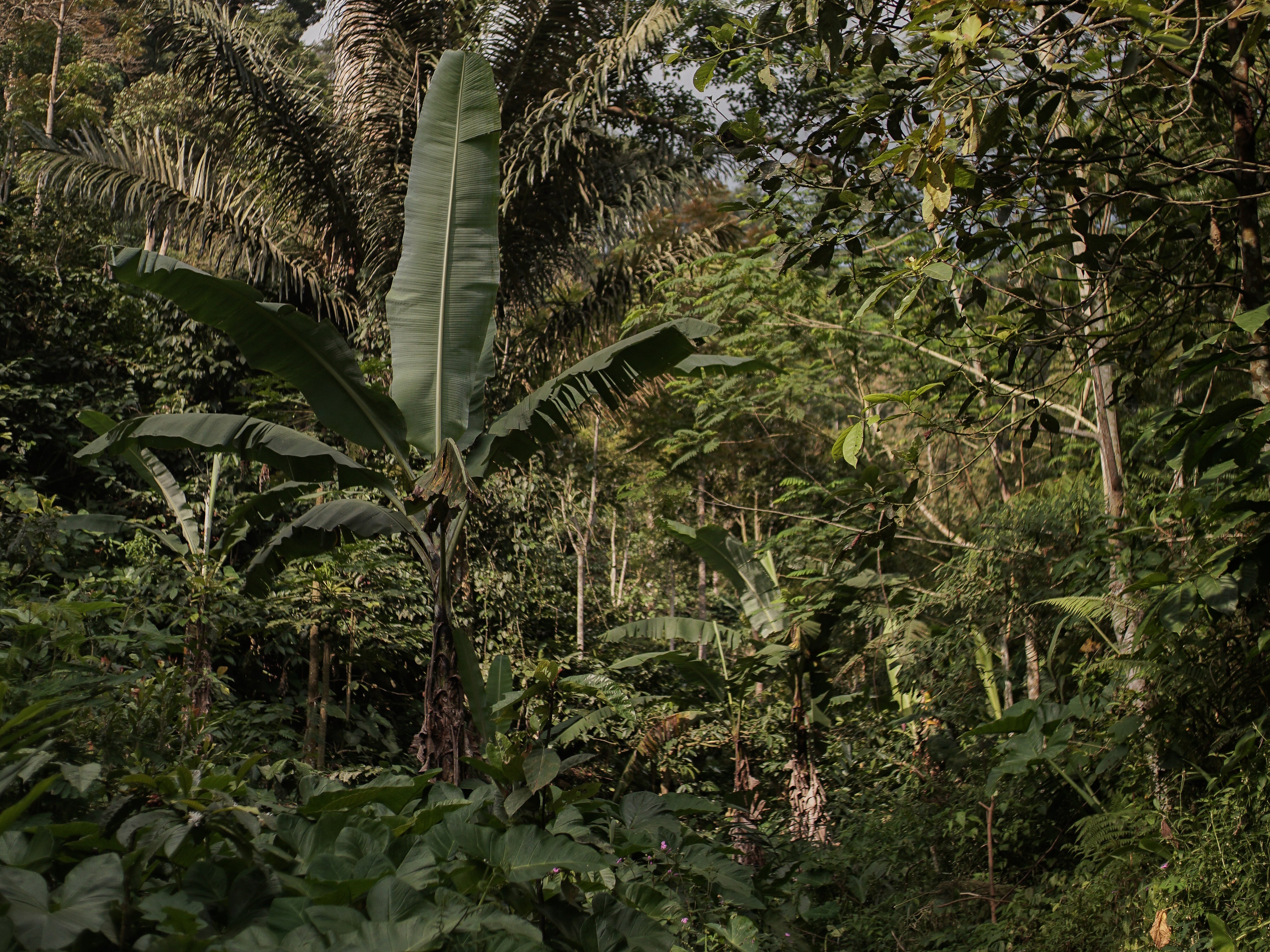
Image Source: Fashion Revolution.
120 million trees disappear into clothing every year.
And it’s on track to double in the next decade. Mostly, this comes from the materials that our clothes are made of: rayon and viscose. Where 30% is estimated to come from endangered and ancient forests.
How come it's that bad?
Fashion’s supply chain is notoriously complex and untraceable. Most brands only know where their clothes were stitched. They have no idea where the fabrics and raw materials came from.
While using natural fibres and dyes are great – irresponsible sourcing can lead to deforestation and devastation of diverse ecosystems.
Why are trees important?
- They make oxygen and filter the air we breathe
- They absorb CO2 from the atmosphere (aka mitigate climate change)
- They protect soils from drought, erosion and desertification
- They provide livelihoods for the communities
- They are the protector of biodiversity, sustaining floras and faunas
Stopping deforestation is one of the most crucial strategies we have in mitigating climate change and fostering inclusive growth. And the clothes we wear have a huge impact on the planet’s fragile ecosystem - in ways we don’t even realize.
This is why materials matter. The right one can help regenerate the planet. The wrong ones cause deforestation, pollution and climate change.

What can you do?
- Ask what's in your clothes. Check the materials label - and choose the ones with traceable origin. Unless it’s clearly certified, ditch viscose and rayon.
- Demand accountability. Ask your favorite brands what the materials are - and where it came from. The more people care, the more they will care.
- Buy less, buy well. The most sustainable clothes are the ones in your closet. If you have to buy new clothes, choose the ones that fit your values.
Remember, your voice matters. Using your voice and demanding accountability can go a long way to push brands to adopt traceability in their supply chain.
It's time to turn our linear consumption model into a regenerative one. And it takes every single one of us to demand accountability so that change can begin.
_
This post is part of our #MadeRight Series, where we host discussions on what really goes on behind our everyday choices. Looking to do more? Share this post so we can raise awareness on this important issue, together.




